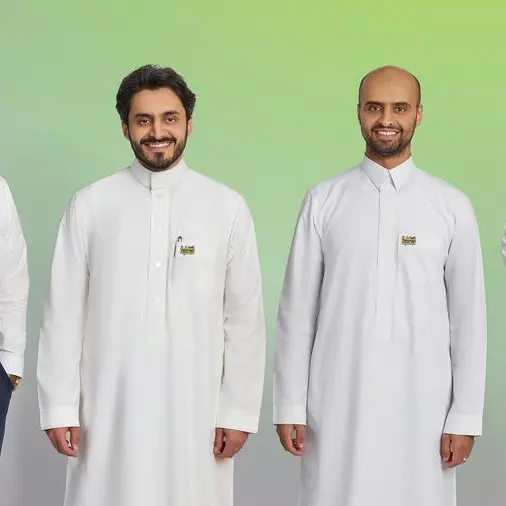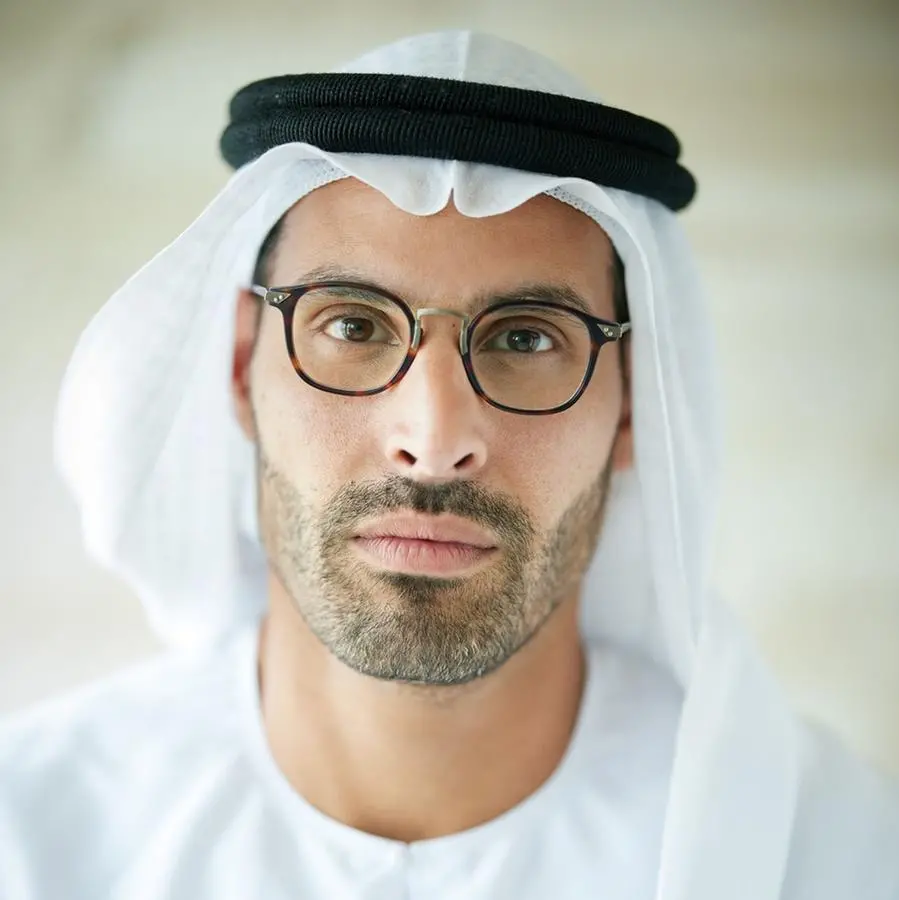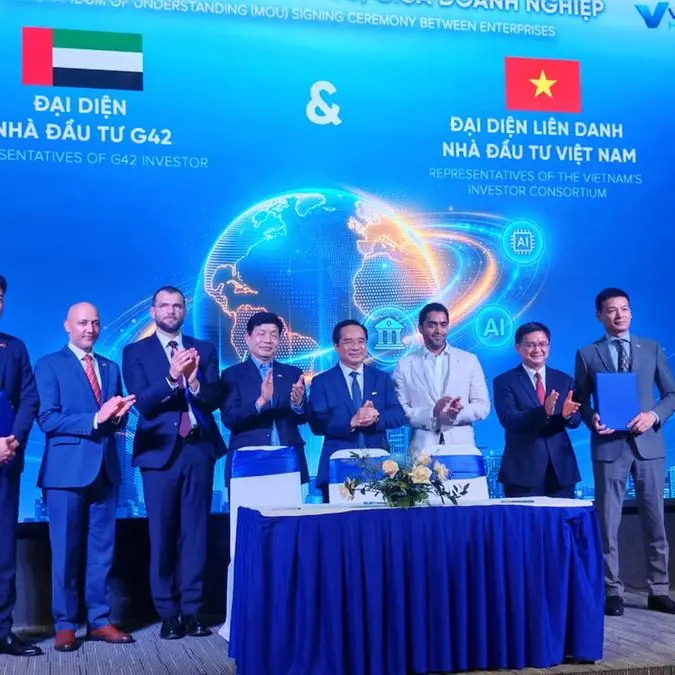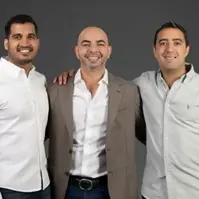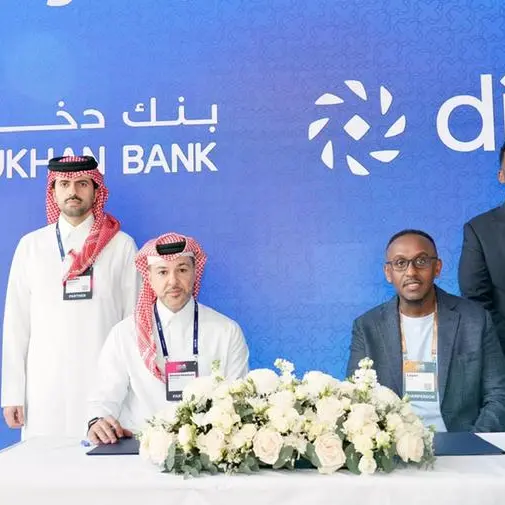Ras Al Khaimah, UAE: Ras Al-Khaimah-based Pioneer Cement Industries, today said it has signed a landmark agreement with Emirates RDF that will lead to the use of fuel derived from household waste in its production plant.
In a statement, the company, which is a subsidiary of Oman’s largest cement manufacturer, Raysut Cement, said it will be one of the first cement plants in the region to use waste fuel contributing to the vision of sustainable development and environment of the UAE Ministry of Climate Change and Environment.
“The UAE Government’s support to Emirates RDF to generate fuel from common household waste is a significant milestone in the country’s journey to become a global leader in sustainable waste management. Pioneer Cement has a strong focus in protecting environment and the agreement which will pave the way for us to use RDF (Refuse Derived Fuel) is a pioneering step in bringing innovation in cement production,” said Ashley Bryan, General Manager of Pioneer Cement Industries.
Emirates RDF with its plant in Umm Al Quwain is a US$40 million joint venture developed under a Public Private Partnership (PPP) programme co-financed by the Ministry of Presidential Affairs with the Ministry of Climate Change and Environment signing a concession agreement with its shareholders which include the UAE-based contractor, BESIX, Ajman-based Tech Group and Finland-based Griffin Refineries.
Emirates RDF will process household waste from Ajman and Umm Al Quwain in the Northern Emirates to produce alternative energy that can be used in cement production, ultimately helping to phase out the use of gas or coal.
Pioneer Cement is one of the largest and modern cement manufacturers in the UAE.
“By signing up to use RDF in its production plants, Pioneer Cement is taking a lead and we are confident that many more cement plants will follow suit and join the green road to environmental sustainability. Beyond a business deal, the agreement between Pioneer and Emirates RDF is a winning combination for the people of the UAE in protecting the environment they live in,” said Christian Abl, Director of Emirates RDF, adding that the use of RDF will actively contribute to the reduction of greenhouse gas emissions from cement factories.
“This is a fantastic initiative that shows we are committed towards the environment and we are doing our bit for a clean and greener future. We at Raysut are really proud of this project.” said Mr. Joey Ghose, Group CEO of Oman head quartered Raysut Cement Company.
Trial production of the green fuel at Emirates RDF is set to start by the summer of 2019 with the plant looking off full-fledged production at the beginning of 2020.
-Ends-
© Press Release 2018Disclaimer: The contents of this press release was provided from an external third party provider. This website is not responsible for, and does not control, such external content. This content is provided on an “as is” and “as available” basis and has not been edited in any way. Neither this website nor our affiliates guarantee the accuracy of or endorse the views or opinions expressed in this press release.
The press release is provided for informational purposes only. The content does not provide tax, legal or investment advice or opinion regarding the suitability, value or profitability of any particular security, portfolio or investment strategy. Neither this website nor our affiliates shall be liable for any errors or inaccuracies in the content, or for any actions taken by you in reliance thereon. You expressly agree that your use of the information within this article is at your sole risk.
To the fullest extent permitted by applicable law, this website, its parent company, its subsidiaries, its affiliates and the respective shareholders, directors, officers, employees, agents, advertisers, content providers and licensors will not be liable (jointly or severally) to you for any direct, indirect, consequential, special, incidental, punitive or exemplary damages, including without limitation, lost profits, lost savings and lost revenues, whether in negligence, tort, contract or any other theory of liability, even if the parties have been advised of the possibility or could have foreseen any such damages.
